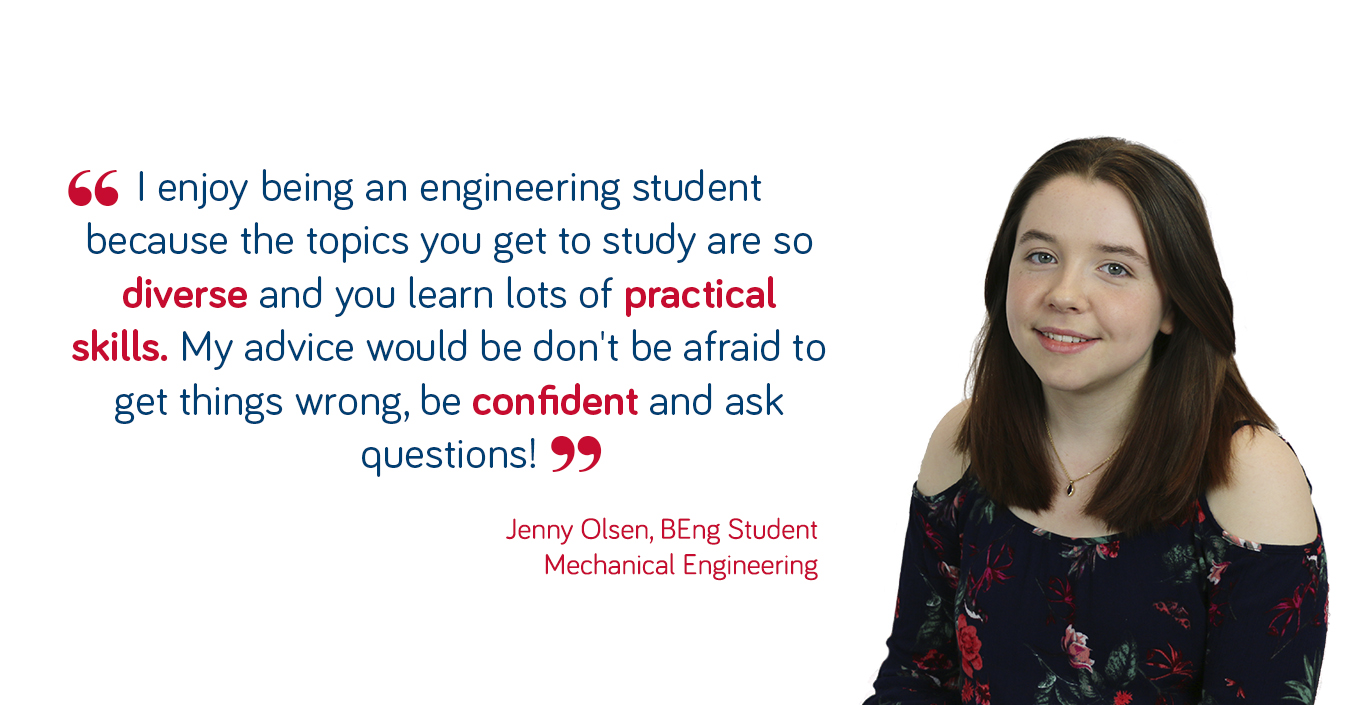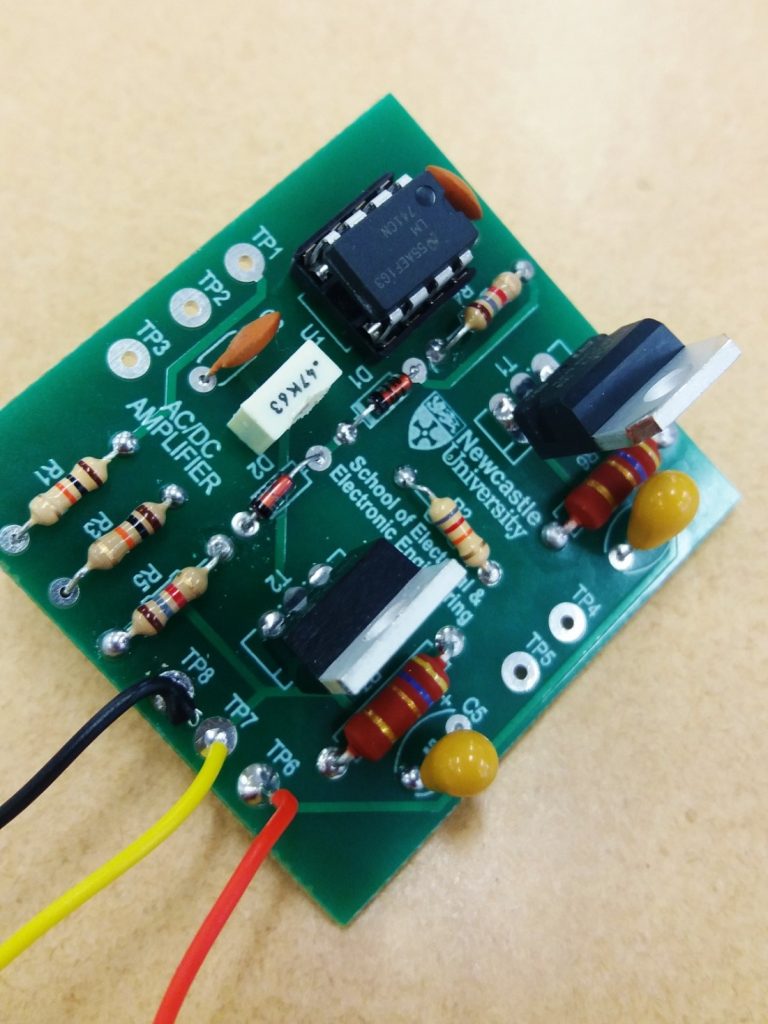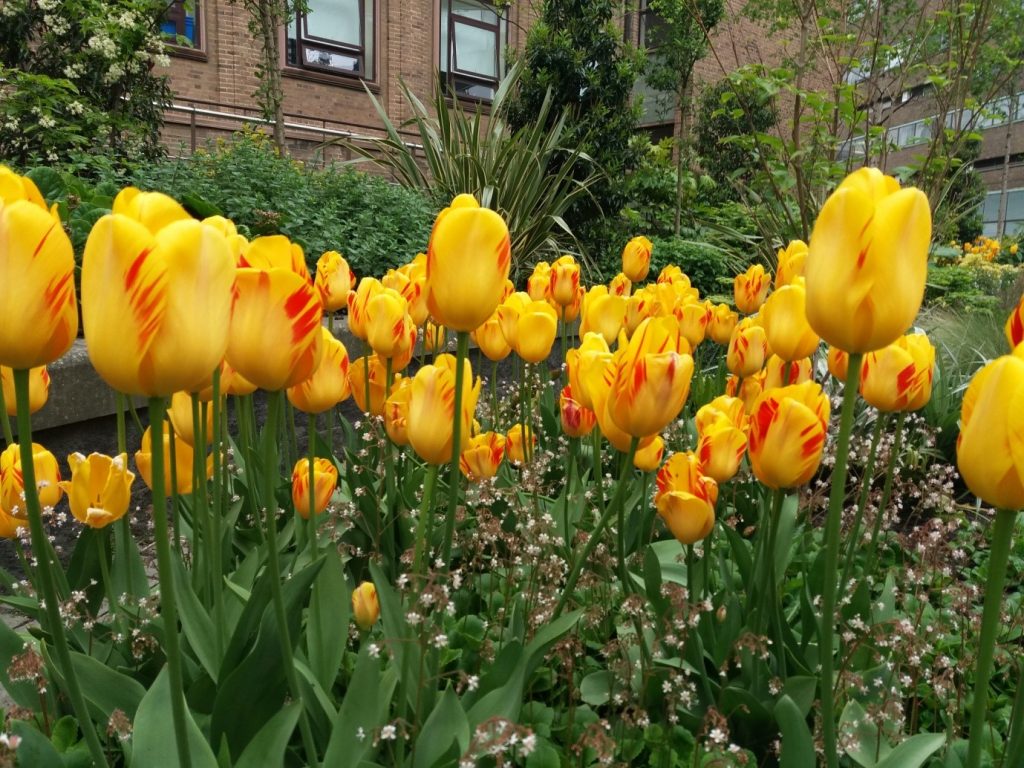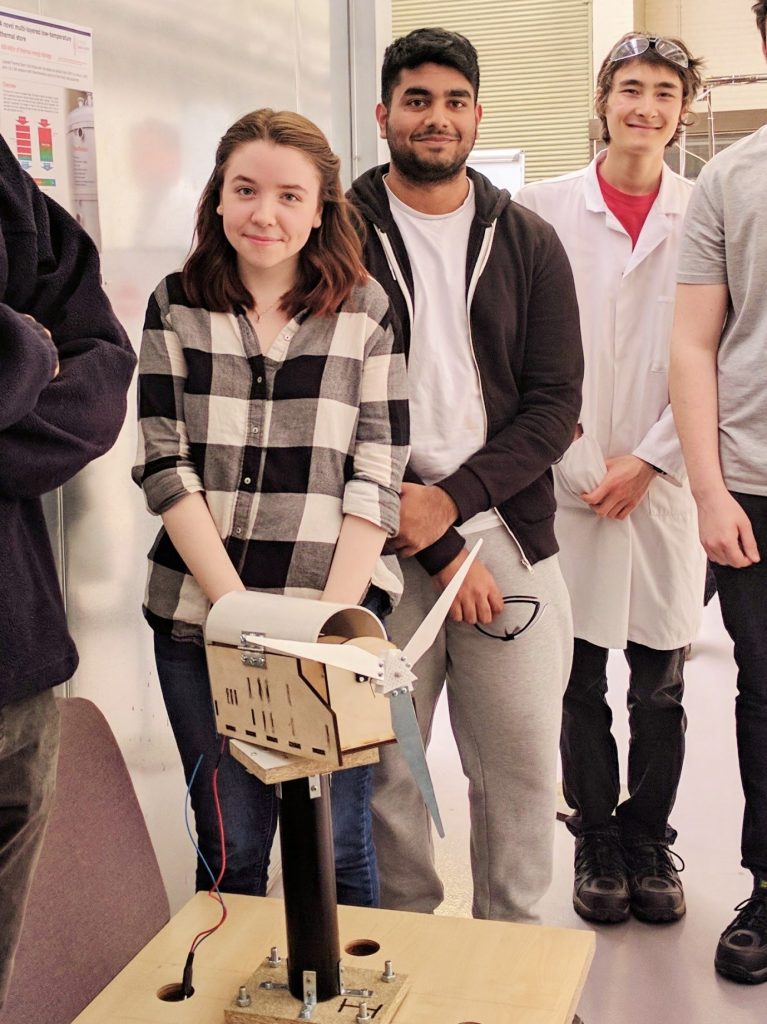To celebrate Global Wind Day, Mechanical Engineering Graduate, Jenny tells us about her experience of designing and creating a wind turbine.
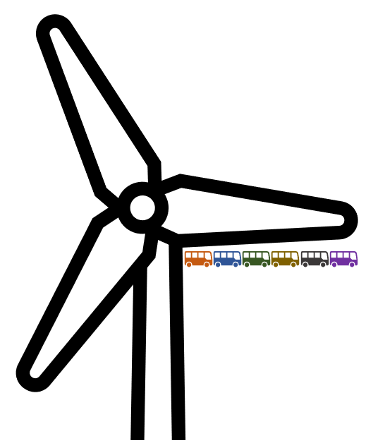
Did you know that the UK now generates twice as much energy from wind as coal? Or that wind turbine blades are usually 60 metres long?! That’s roughly the same length as six double-decker buses!
As we’re all trying to combat climate change, the rise of wind power is excellent news as they generate ‘clean’ energy – wind turbines do not produce any harmful greenhouse gases or pollutants once they are built thanks to their clever design! Wind turbines might seem like a modern invention, but humans have been using wind power for over two thousand years. In the past, farmers in Iran and China would use windmills to grind grains for people to eat. The first wind turbine to generate electricity was invented in 1888 and it had 144 wooden blades!
You might be wondering – why do modern wind turbines always have three blades? There’s actually lots of science behind this. As the number of blades increases, so does the ‘drag’ – where force from the air slows it down. Ideally, wind turbines would only have one blade, as this would generate the most electricity, however it would be extremely unstable. Turbines with three blades are a compromise – the least blades possible to produce a stable turbine that won’t fall apart once it starts spinning!
Wind turbines work by generating electricity as they spin – the kinetic energy from the rotating blades powers a generator which turns the kinetic energy into electricity that we can use to power our homes. This is one of the benefits of wind power – it gives us a great way to generate electricity without burning fossil fuels, which emit gases which contribute to global warming.
As a mechanical engineering student, I learned a lot about wind turbines in my first year of University. My first group project was to take apart an old computer with my team, and re-build it into a small wind turbine. We were able to test our turbine in a ‘wind tunnel’ – where fast-moving air is channelled towards an object to see how it will perform in real life. Engineers use wind tunnels to test devices they’ve made for safety and performance. It’s not just wind turbines that get tested in wind tunnels though – engineers test cars, planes and even spacecrafts to see how they behave!
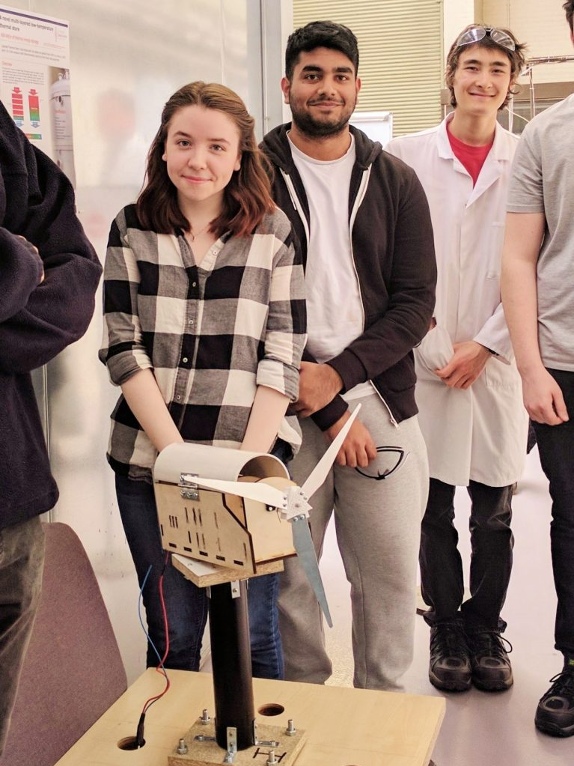
At university we learned about the different kinds of wind turbines. Most of the turbines that you’ve seen in real life are a specific type of turbine called a ‘HAWT’ – a ‘Horizontal Axis Wind Turbine’. They have three, long thin rotating blades. However, there’s a whole other category of wind turbines that you might not know existed – they’re called ‘VAWT’s (Vertical Axis Wind Turbines), such as the one shown below. VAWT’s rotate around a centre axis, like a merry-go-round. They are used when winds are too turbulent for regular (horizontal axis) turbines.
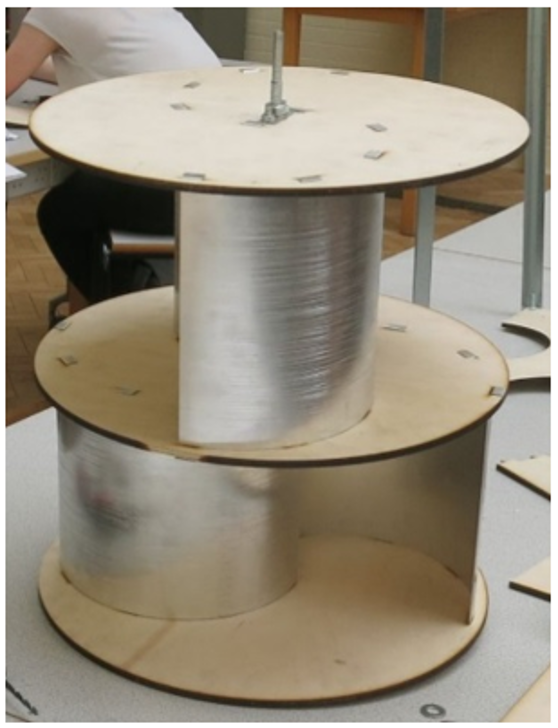
To celebrate ‘Global Wind Day’ on June the 15th, a great experiment to do at home would be to create your own wind turbine from paper or wooden sticks and test it out in front of a desk fan. Why not try out different blade shapes to see which ones work the best? How about trying a different number of blades? How does that affect how your turbine spins?

 Stage 1
Stage 1